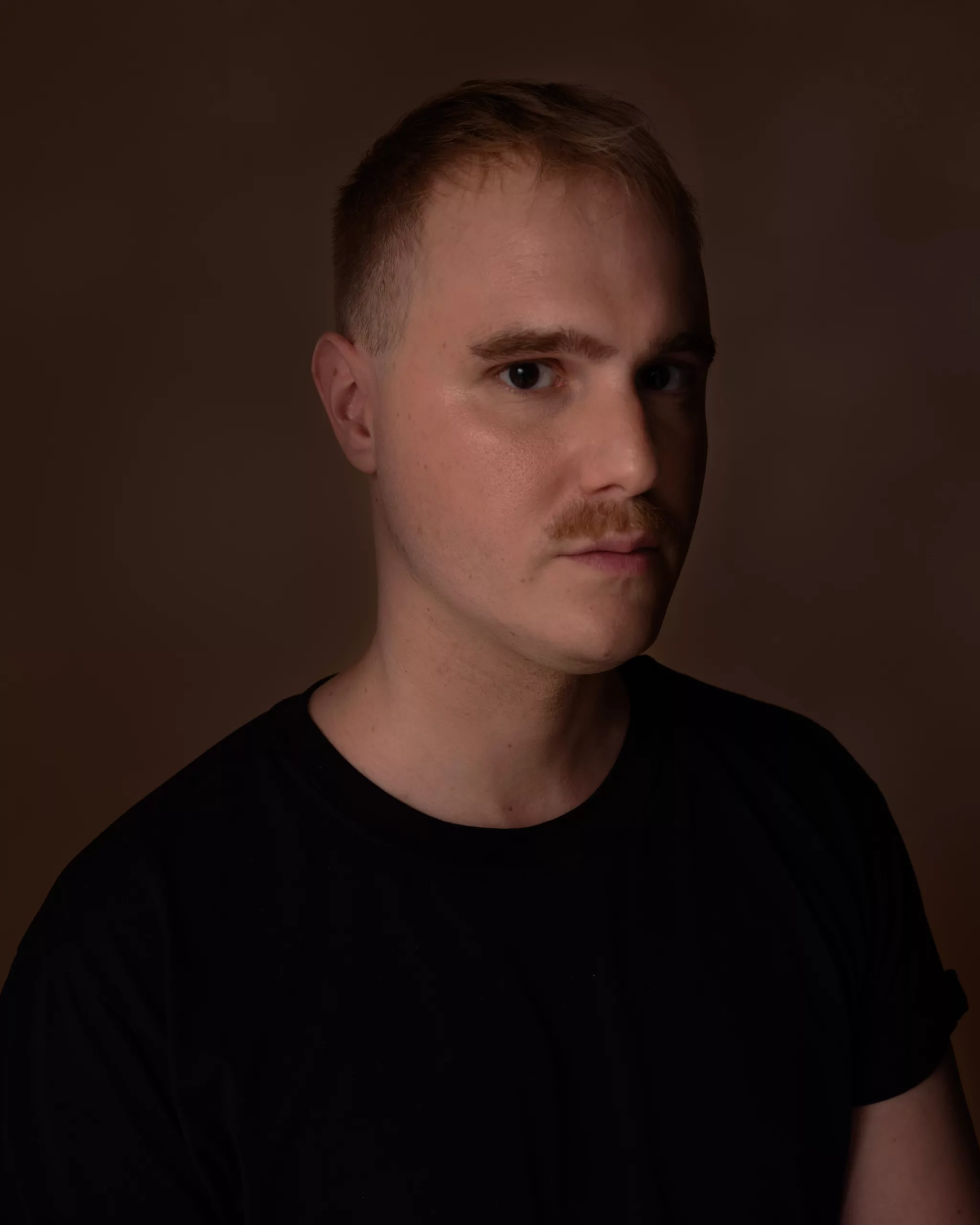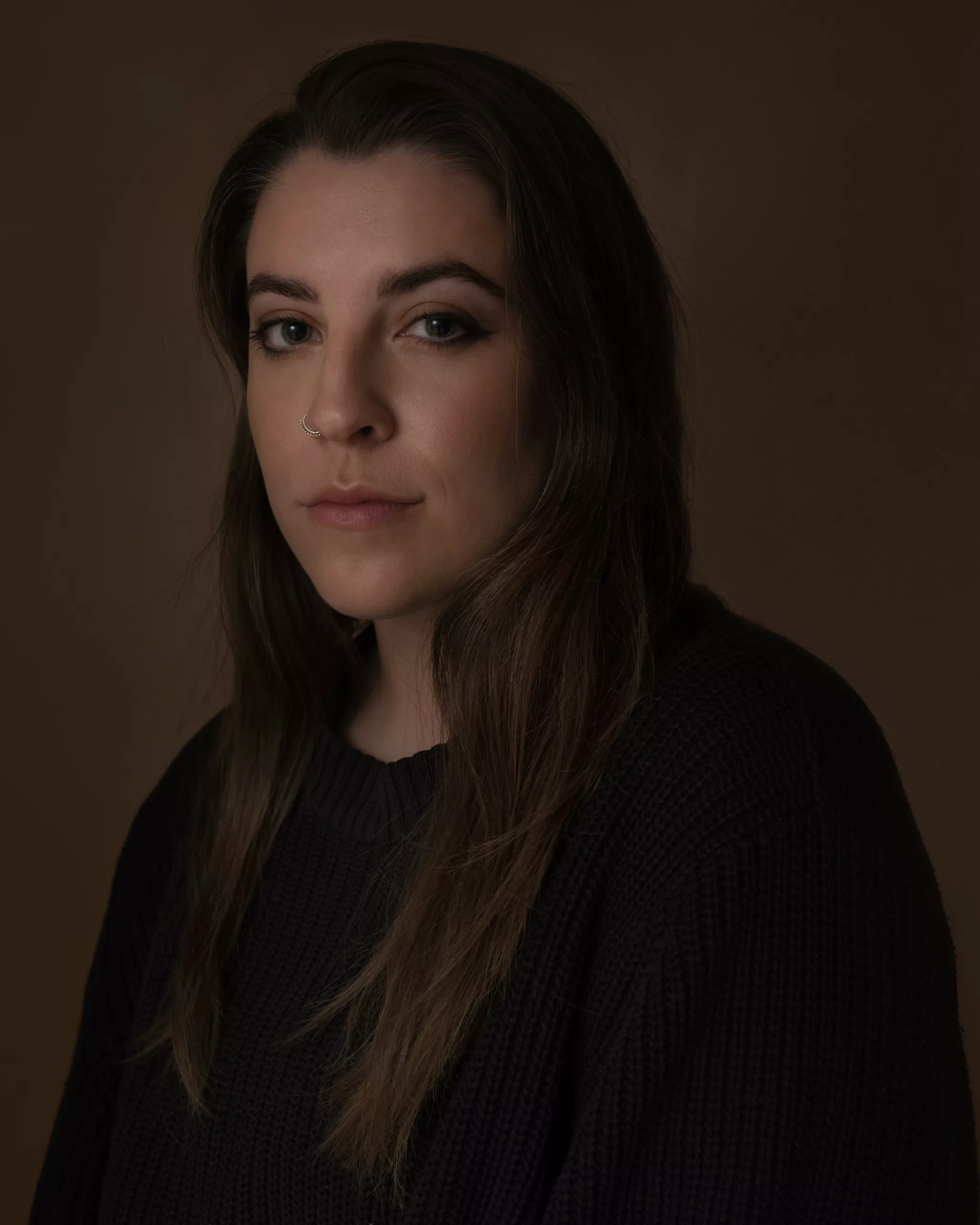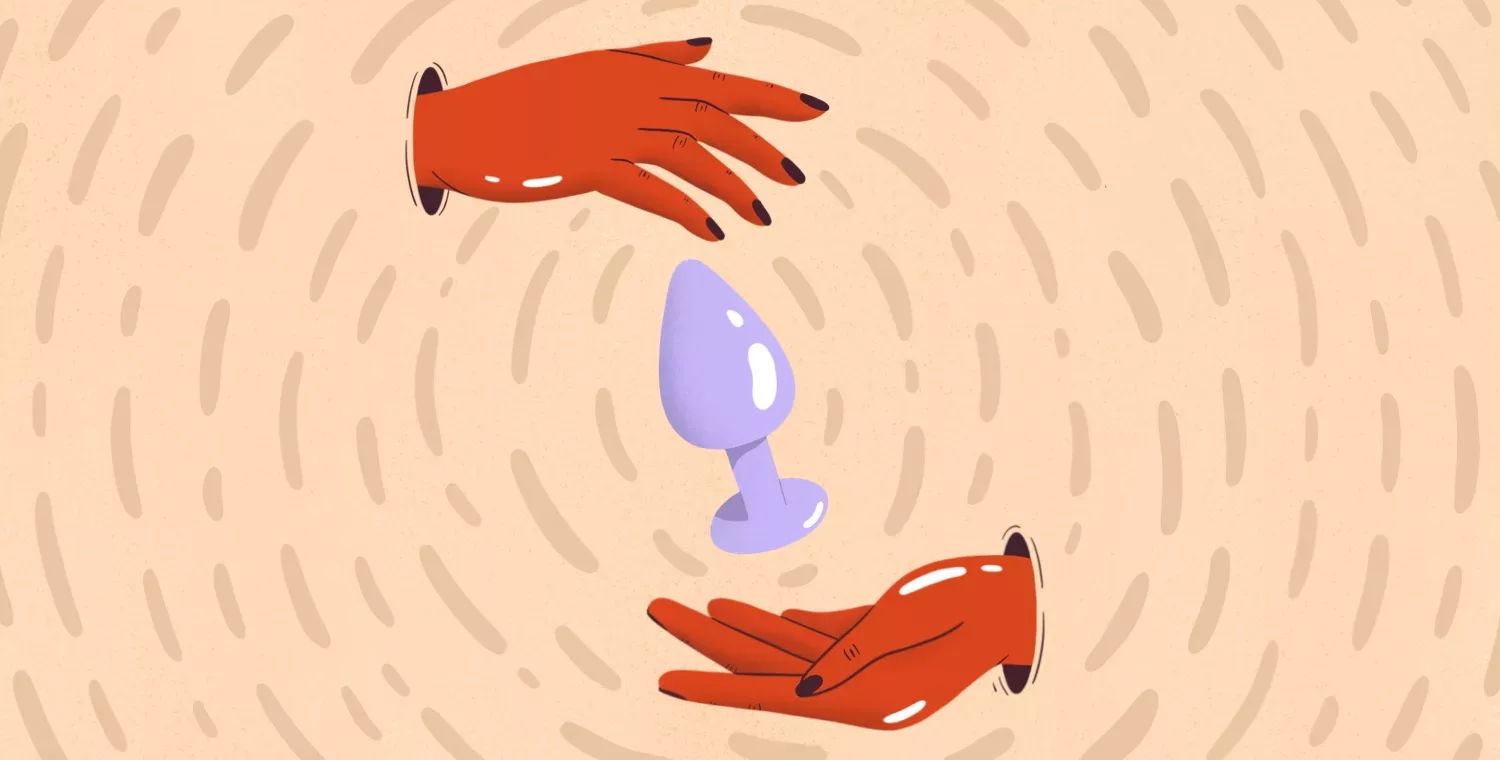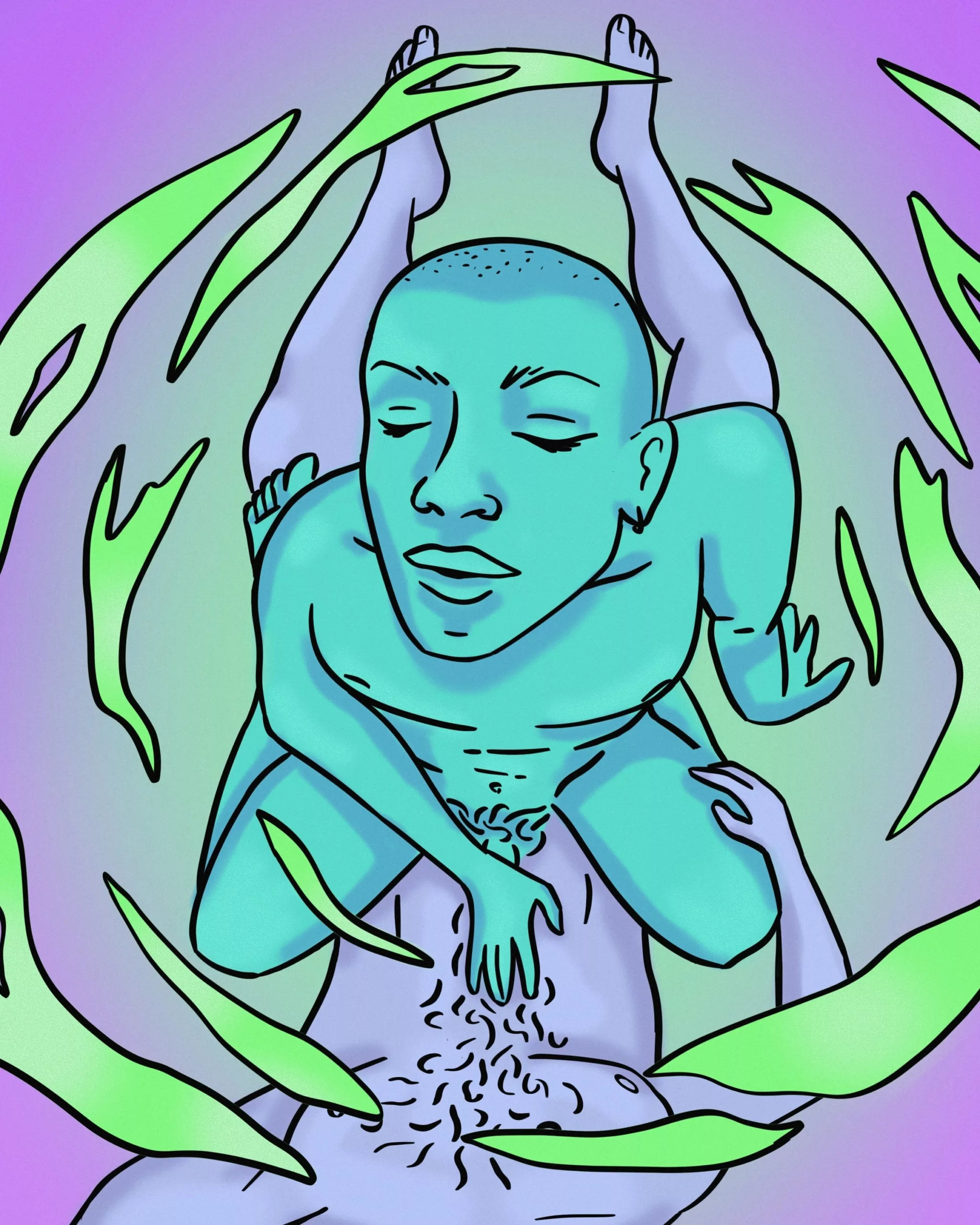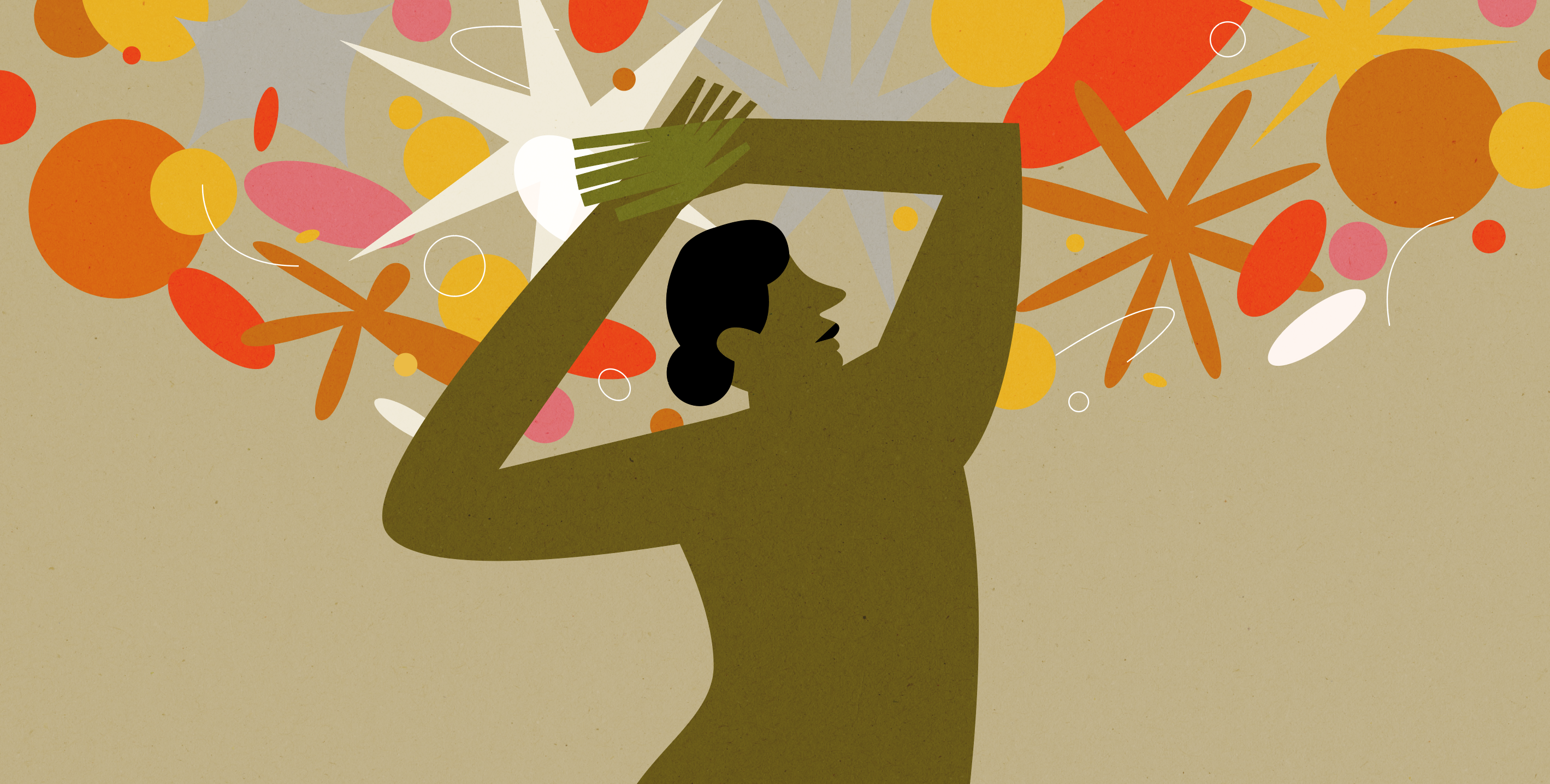Your cart is currently empty!
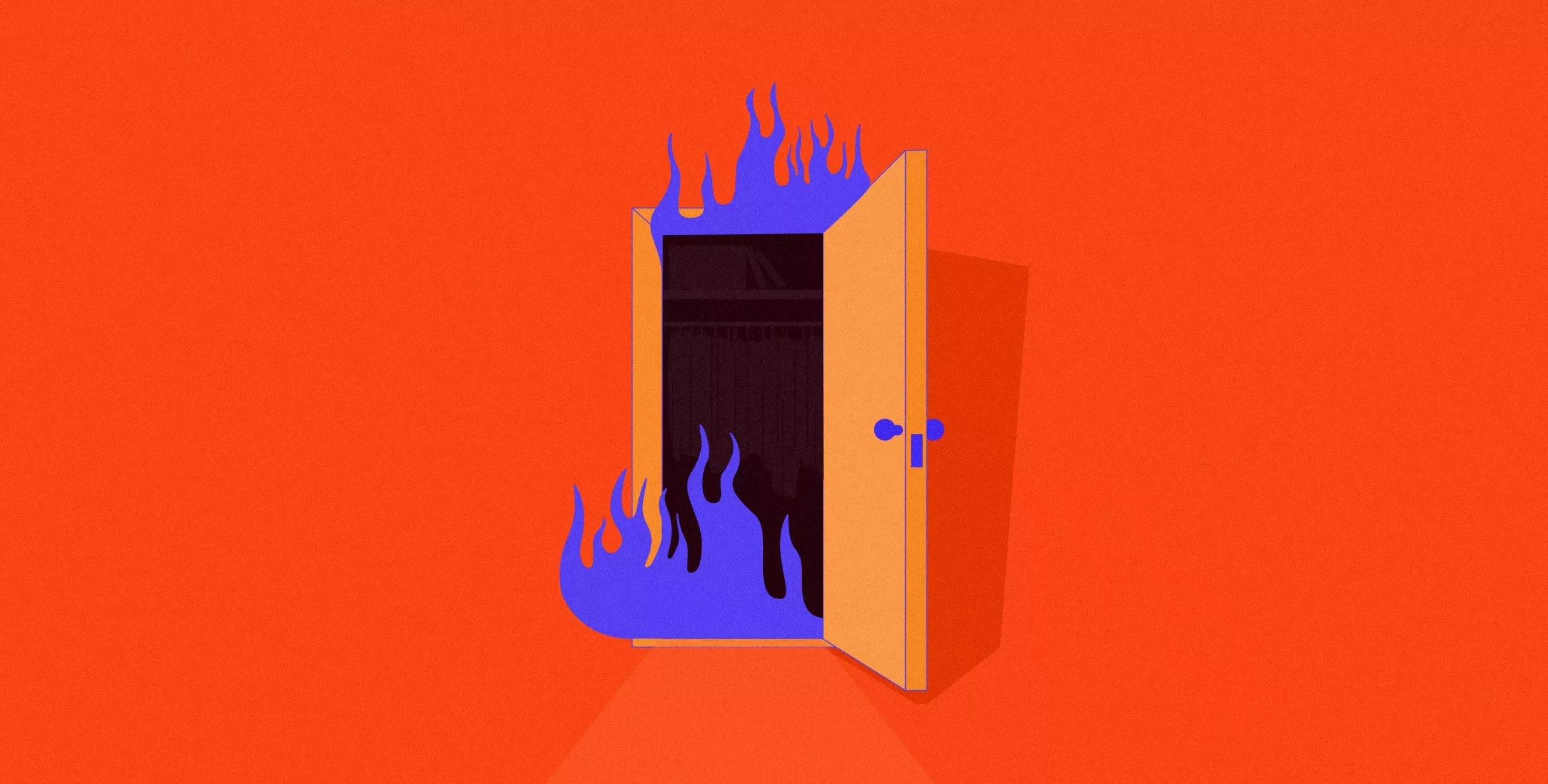
To Put an End to Coming Out
“Mom, dad, I have something to tell you.”
Mom tenses up and stops scrubbing the plate at the bottom of the sink, Dad looks up from the flyer announcing that pork chops are on sale; even Ti-Gars, our hamster, stops spinning in his wheel, sensing that something larger than life is about to unfold before his beady rodent eyes.
The entire household holds its breath. What on earth could be going on? What confession could Juju be about to unearth from the depths of obscurity with enough fanfare to make the National Assembly take notice?
You see, I’m 13 years old and I’m about to come out.
“Dad, mom… I have… I have something to tell you… I like girls… but… but… I think I like guys too… well… well, that’s it… I… I… (bursts into tears).”
The rest is history.
(By the way, I want to mention that I now identify as 100% gay. At the time, at only 13 years old, it seemed softer, less “guilt-inducing” to present myself as bisexual to my parents. Maybe I was doing damage-control? I knew I didn’t want to completely destroy my mother’s hope that I’d one day give her grandchildren, so I think I tried to soften the blow. I’m not sure. Anyway.)
They’re coming for you…
This monumental, yet at the same time small, intimate scene is probably playing out every single minute throughout the world. People of all ages and nationalities gathering up all their courage to confess, announce, declare, explain, affirm, confide, reveal… to their loved ones, to the authorities that be, to their community, that they are gay, bisexual, lesbian, non-binary, trans, queer, asexual… in one word, that they are different.
They come out of the closet. They come out. What an ugly expression. From the darkness of secrecy that characterizes them, deep inside the closet, these people access a new light, outside the closet, which allows them to have their identity or sexual orientation recognized and validated by heterocisnormative society.
The secret that gnawed at them is now exposed to others, to be acknowledged or judged.
The court will decide: will it be in favor or against this identity? Will it respond with love or hate? Rejection or compassion? Meanwhile, the accused awaits, holds their breath, hopes.
What I am trying to hint at and will now say head-on is that the “tradition” of coming out – its act of confession – reinforces a form of homophobia and heterocentrism on which we must reflect. Coming out is a staging that feeds the notion that homosexuality (I’m using this example, as it’s my own) is a secret that requires a dramatic, Catholic-like confession.
But, my dear cherubs, the truth is there is absolutely nothing to confess. We don’t have to spotlight anything, we owe nothing to anyone, we are not criminals, nor perverts. We are not obscure, hidden, or shut away. We are here, we have always been here, and we will always be here.
It’s high time we stopped treating homosexuality and difference as a transgression, as something for which to be held accountable; like a scary monster lurking in a “straight” closet.
We are not monsters. We deserve better than a closet. A veranda would be nice.
A complex closet
I was talking to my boss about writing this article, and she warned me against sounding too categorical or claiming to speak on behalf of everyone, assuming others share my same perspective. And that’s an important caution to highlight as coming out can be an important passage and symbolically powerful event in many people’s identity-affirmation trajectories. So let me disclaim that I speak from my perspective only, and with an awareness of the influence of my own privilege. I am a young, white, middle-class North American, beneficiary of many legal advantages, and recipient of progressive mentalities, who, on top of it all, was accepted and supported by my family and friends throughout my life. #KnowYourPrivilege.
In several countries where homosexuality is still punishable by death, coming out remains an essentially clandestine, hidden, risky, deadly act, and therefore, continues to be both a confession and a protected secret. It must remain that way to keep its bearers from being subjected to atrocious violence. For many people in many parts of the world, even today, the closet is the safest place to live out their identity.
I also understand that demarcating a pre- and a post-coming out, as an act of identity creation, makes it possible to formalize a state of being and thus to take up our rightful space in the world. Coming out allows one to access a certain form of self-acceptance and can be read as a way of embracing one’s identity and difference by presenting it frankly and proudly to others and, de facto, to oneself.
And yet, even when it goes smoothly, even when it doesn’t end in drama and rejection, coming out remains a political act. It involves a game of power between dominant and dominated, between norm and marginality, between them and me, between expected identity and lived identity. Coming out is political because it shakes heteronormativity’s core, it endangers a whole structure of thought and control of bodies, desires, existences.
Who do I have to come out to? To straight people, of course. Because in marginalized communities, I don’t have to ceremoniously confess anything, I don’t have to muster up my courage, I don’t have to be accountable, I have nothing to have “bathed in light”. I only have to exist; I am not seen as an “other”. This is the reason why many marginalized people find refuge in a community.
In her philosophical essay The Straight Mind, French author Monique Wittig writes: “There is no sex. There is no sex but what is oppressed and what oppresses. It is oppression that creates sex, not the other way around” (free translation). Speaking of straight white men’s power over women, she adds, “This [straight] thought is the dominant one. This thought suggests that there is something that is “already there” when it comes to the sexes, something that precedes; that precedes any society. This thought is the thought of those who govern.” (free translation).
To piggyback on Wittig – not literally, I don’t want to break her back – I’d say the same goes for the “tradition” of coming out. I believe it is oppression that creates the passage of coming out. The thought of coming out affirms that there is an identity state, a heteronormative ruling, that presides over society.
Diesel & matches
Do you remember that passage from the (cheesy, but touching) movie Love, Simon, in which the main character imagines a world where heterosexual people come out? “Mom, dad, I have something to tell you… I’m straight (cries)”.
This hilarious satire points to an obvious incongruity: no one expects such a confession from straight people, they will never have to perform this embarrassing and trying identity ritual, at least not because of their sexual orientation. They are the universal model. The “standard”. They don’t need the closet, because they already have the living room, kitchen, bedrooms, bathrooms… the whole Sims house pimped up with the “motherload” code.
I believe that my sinews of war is that, as long as we approach difference as a state of being that requires a ceremonious confession, a coming out, we will continue to treat these states of being as strangenesses, as a big deal, or as faults that must be confessed, even forgiven.
Imagine a world where a gay boy, without fuss or ceremony, pomp or circumstance, without having to “come out of the closet”, can simply tell his mother that he has met a boy. And that he likes that boy. And that he would like that boy to come over for dinner. Just like that. So the only thing that makes him sweat is the inevitable butterflies, clammy hands, and bit of embarrassment that comes from talking to a grown-up about one’s budding desire. No build-up, no anxiety, and no drama. Just naturally.
Think about it. In the meantime, I’m off to get some diesel and a pack of matches: I have a fucking closet to set on fire.

If this article resonates with you, there’s an episode of our podcast, À quoi tu jouis?, devoted entirely to coming out (available in French only).
